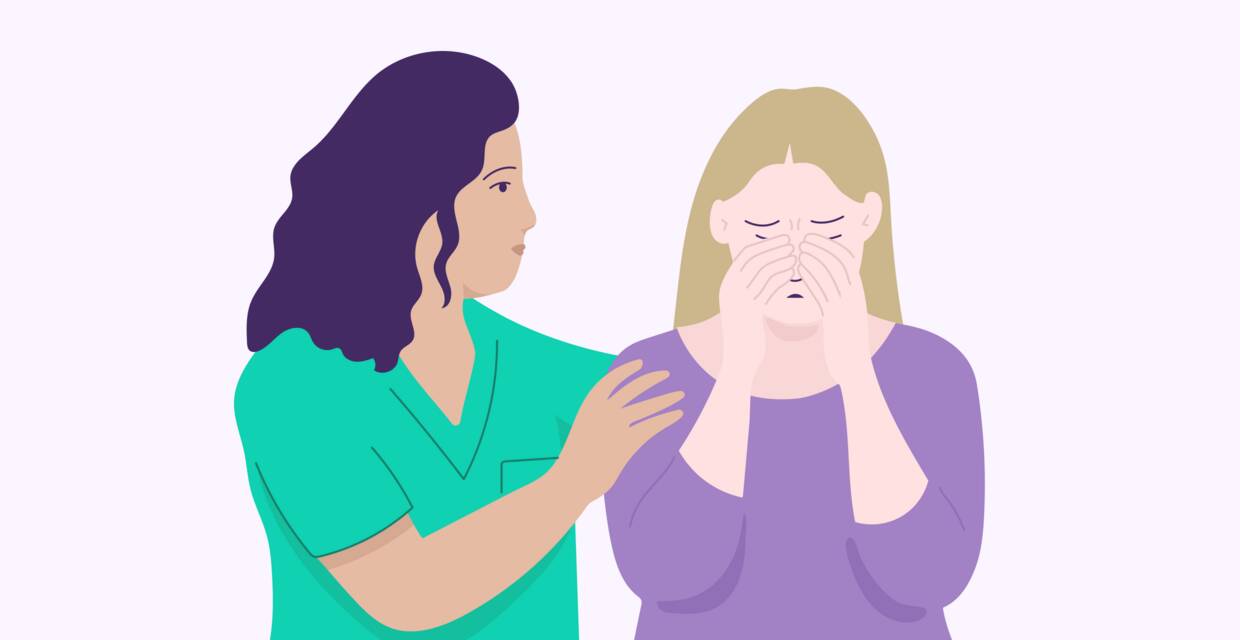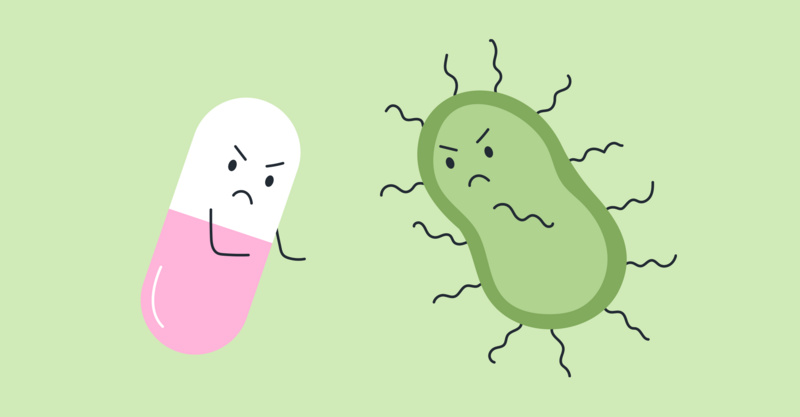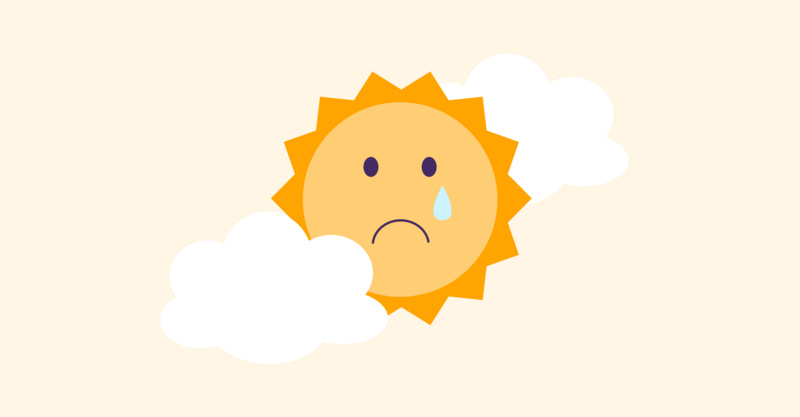Key Points
- Common mental health issues such as anxiety, depression, and panic attacks can be effectively treated at urgent care centers, providing immediate care and helping prevent the onset of other serious health concerns.
- Symptoms of anxiety and depression like anxiousness, rapid heart rate, sweating, and feelings of impending doom, among others, can be considered medical emergencies that require immediate care.
- Self-care practices such as regular exercise, healthy eating, reducing alcohol intake, getting quality sleep, practicing gratitude, managing stress, maintaining social connections, and finding a sense of purpose can help manage mild mental health concerns at home.
- If symptoms of depression or anxiety worsen despite self-care practices, it is recommended to seek immediate help from an urgent care center or walk-in clinic to prevent serious health risks.
- The platform Solv provides a convenient way to find highly rated urgent care centers for quality treatment of mental health symptoms.
Mental Health and Urgent Care
Anxiety, depression, and panic attacks are common mental health issues that affect millions of Americans. Many people think these mental health symptoms can only be treated by therapists. However, mental health concerns like these can actually be effectively addressed at an urgent care center, especially if you need after-hours care or aren’t sure what your symptoms could mean.
If you’re having an anxiety attack or suffering from depression, an urgent care center can treat you right away. Knowing which mental health symptoms can be treated with urgent care can bring you one step closer to feeling better and avoiding the onset of other serious health concerns.
Mental health symptoms that can be treated with urgent care
According to the CDC, symptoms of anxiety and depression can be considered medical emergencies that require emergent care. It is recommened that suicidal and homicidal ideation be evaluated emergently in a local emergency department, says the CDC. Suicidal thoughts is one of the most serious symptoms of anxiety and depression that requires emergent care, reports the National Institutes of Health (NIH) and the CDC.
Mental health symptoms that can be treated at an urgent care center, according to Texas A&M University and the University of Texas at Austin, include:
- Anxiousness and or feeling depressed
- Difficulty breathing
- Rapid breathing
- Rapid heart rate
- Heart palpitations
- Sweating
- Trembling in extremities
- Hot or cold sensations
- Muscle pain or tension
- Feeling as if things aren’t real (derealization)
These symptoms may also indicate panic disorder, which is a type of anxiety disorder characterized by recurring, unexpected anxiety attacks or panic attacks, explains the NIH.
Symptoms of an anxiety attack, according to the NIH, include:
- Rapid heart rate, pounding heartbeat, or heart palpitations
- Sweating
- Trembling or shaking
- Shortness of breath, or sensations of choking or smothering
- Feelings of impending doom
- Feelings of being out of control
Tips to mitigate mild mental health concerns at home
Self-care may help play an important role in your overall well-being, including your mental health. According to the NIH, self-care can help you manage stress, increase your energy and reduce your risk for illness. The NIH notes that even the smallest acts of self-care in your daily life can have a major impact on your mental health.
Steps you can take to manage mild mental health concerns at home, according to the NIH and University of Minnesota (UMN), include:
Exercising regularly, for at least 30 minutes a day
The UMN says that exercise can create a sense of empowerment and boost your confidence and self-esteem — all of which have a positive impact on anxiety and depression.
Eating healthy, highly nutritious foods
High amounts of nutrients can help the brain function properly and regulate brain chemicals to reduce anxiety and depression, reports the UMN. The university adds that reducing your intake of caffeine and sugar can also help you avoid anxiety and depression.
Reducing alcohol intake
Alcohol use may worsen depression, suggests the UMN.
Getting an adequate amount of quality sleep
Poor sleep can negatively affect your mood and increase your risk for anxiety and depression, reports the UMN.
Practicing gratitude, meditation, and positive thinking
These behaviors can make you feel calmer, happier, and more resilient, says the UMN. It adds that experiencing forgiveness and kindness can also help alleviate anxiety and depression.
Manage stress
According to the UMN, too much stress can worsen or trigger anxiety and/or depression. Managing stress can help you feel more relaxed and reduce your risk for mental illness.
Staying connected with friends and family
Having strong relationships and social support networks can make you feel less lonely and reduce isolation which staves off anxiety, says the UMN. Stay in touch with friends and relatives or bond with a pet to maintain your mental health.
Finding a sense of purpose
Having a sense of purpose can strengthen your mental health and lead to less worry and greater happiness over time, reports the UMN. Focus on interests and areas of your life that make you feel needed and important and that give you a sense of purpose, such as being a parent, playing an important role at work, or volunteering in your community.
Where to go if your symptoms get worse
The CDC recommends that you visit an urgent care center or walk-in clinic right away if you find that your depression or anxiety symptoms are growing worse even after practicing self-care. Getting urgent care for anxiety or depression may help you achieve a sense of calm and may help reduce your risk for suicide, heart attack, and other medical problems linked to mental health symptoms, accoridng to the CDC.
Use Solv to find a highly rated urgent care center in your area. Solv features all the top-rated healthcare providers in one convenient place online so you can choose from the best and receive quality treatment.
Frequently asked questions
What is anxiety?
The NIH defines anxiety as a temporary feeling of fear, dread, and uneasiness you can expect to experience on and off throughout life. It adds that common symptoms of anxiety include sweating, restlessness, and rapid heart rate and that it is a normal reaction to stress.
Anxiety disorders are mental health conditions in which anxiety does not go away and grows worse over time. The NIH says anxiety disorders can interfere with your overall livelihood and daily activities related to your career, education, and relationships.
How can I calm anxiety?
You can calm your anxiety by practicing self-care and receiving treatment from a doctor who specializes in mental illness, suggests the NIH. Self-care for anxiety may include exercising regularly, eating nutritious foods, and getting plenty of quality sleep. Medical treatments for anxiety include psychotherapy and anti-anxiety medications, says the NIH.
How can I stop an anxiety attack?
Deep breathing and mindfulness meditation are natural ways to help stop an anxiety attack on your own, according to the University of Connecticut. Your doctor may treat an anxiety attack using psychotherapy, anxiety medication, or a combination of both, says the NIH.
Visit an urgent care center or ask your doctor about anxiety attack medications if self-care behaviors do not reduce symptoms of a panic attack. According to the NIH, anxiety attacks associated with panic disorder can be treated with a panic attack medication such as a selective serotonin reuptake inhibitor (SSRI), serotonin-norepinephrine reuptake inhibitor (SNRI), beta-blockers, or benzodiazepine.
What causes anxiety?
Anxiety is usually caused by stress, such as that related to a difficult problem at work or a test at school, says the NIH. Anxiety disorders, on the other hand, may be caused by genetic and environmental factors. According to the NIH, potential causes of anxiety disorders include exposure to stressful or negative life events during early childhood, a family history of anxiety, or physical health conditions like thyroid problems.
How can I tell if shortness of breath is from anxiety?
Shortness of breath is a symptom shared by many types of health problems, including COVID-19 and heart attacks. According to Cedars-Sinai and the University of Utah, the best ways to determine whether shortness of breath is from anxiety is to see a doctor at an urgent care clinic. Cedars-Sinai suggests visiting an emergency room right away if your shortness of breath is accompanied by fever, cough, chest pain, sweating, lightheadedness, or pain that radiates to the jaw or arm.
Where can I get anxiety?
Anxiety is usually triggered by stress or a stressful event, reports the NIH. For instance, you may develop anxiety during a period of unemployment or when relocating to a new city or state. The NIH adds that anxiety is a normal reaction to stress and that it can happen to everyone from time to time.
How can I get prescribed anxiety medication?
Anti-anxiety medication can be prescribed to you by your general care physician or another medical professional who is licensed to prescribe medications, reports the NIH. Ask the doctor treating your anxiety about medications that can help reduce your symptoms.
How can I ask my doctor for anxiety medication?
Anti-anxiety medications may help reduce your anxiety symptoms and are often combined with psychotherapy to treat anxiety disorders, reports the NIH. Ask your doctor about anti-anxiety medications if you are experiencing one or more symptoms of an anxiety disorder.
Who can prescribe anxiety medication?
Anti-anxiety medications can be prescribed by a primary care provider, psychiatrist, or psychologist, reports the NIH. Ask your doctor whether they can prescribe you an anti-anxiety medication if you suffer from generalized anxiety or another anxiety disorder.
Solv has strict sourcing guidelines and relies on peer-reviewed studies, academic research institutions, and medical associations. We avoid using tertiary references.


 LinkedIn
LinkedIn










